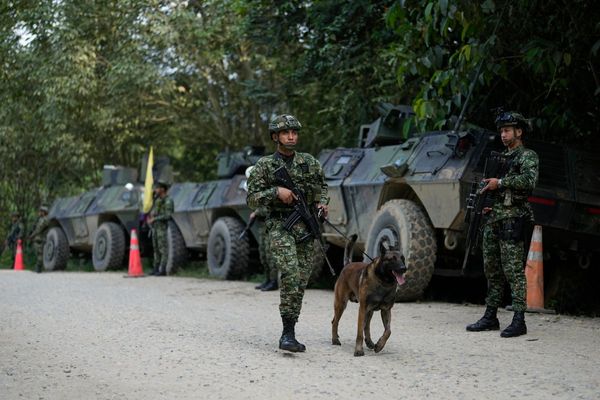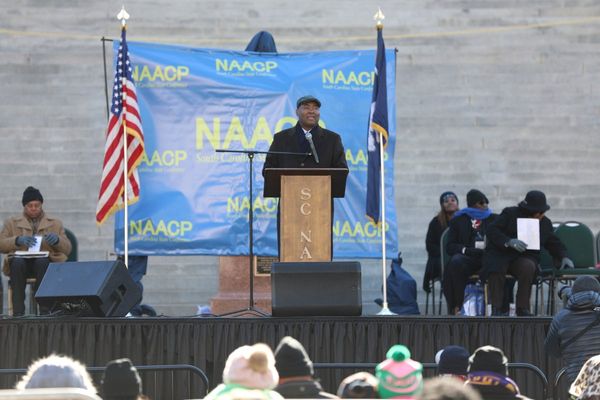
Eighty countries led by the US, UK and France have signed a declaration in Dublin pledging to refrain from urban bombing, the first time countries have agreed to curb the use of explosive weapons in populated areas.
The international agreement is a product of more than three years of negotiation – predating the war in Ukraine – but was not endorsed by several major military powers, including Russia, China, Israel and India.
Campaigners said they hope the agreement will help change military norms, with two-thirds of Nato members expected to sign up, and lead to a taboo similar to those against chemical weapons or cluster bombs.
Sahr Muhammedally, a director at the Centre for Civilians in Conflict, said the use of explosive weapons in populated areas has become now “the leading cause of civilian deaths” in modern conflict. “From Mosul to Tripoli, Mogadishu and Kharkiv, the list of examples is endless,” she added.
Data from Action on Armed Violence shows that 91% of those reported killed or injured by explosive weapons in populated areas in the past decade were civilians, rising to 98% when Russia targets towns and cities. “The humanitarian toll is unacceptable,” said Laura Boillot, from advocacy group Article 36.
Although the agreement was first conceived against the backdrop of the relentless urban destruction in the Syrian civil war and conflicts in Gaza, Yemen and elsewhere, it has been given further momentum by the war in Ukraine.
Russia has resorted to a sustained urban bombing campaign as it has struggled on the frontline, striking cities such as Mykolaiv in the south, which has been indiscriminately bombed almost daily leading to the deaths of 150 civilians.
Critical to the success of the negotiations was persuading the US to sign up this summer, which has paved the way for other Nato members, including Germany and Turkey, to make the commitment.
Many lobbyists and NGOs highlight the work of Ireland, as the coordinator of the initiative, in helping the declaration come together. Simon Coveney, the country’s foreign minister, is scheduled to give a speech as the agreement is signed.
The key passage in the text commits signatories to ensure their militaries engage in “restricting or refraining, as appropriate, from the use of explosive weapons in populated areas, when their use may be expected to cause harm to civilians or civilian objects”.
Some governments have highlighted that the wording allows some discretion. In June, Charles Trumbull – deputy legal adviser to the US mission in Geneva, where a previous round of discussions took place – said that field commanders “would take into account a variety of considerations, including humanitarian and military” in their use of explosive weapons.
However, though not a complete ban or a binding treaty, campaigners said the agreement is expected to lead to governments changing their targeting policies to avoid hitting built-up areas – and to pressure other countries to follow suit.
“It’s a big milestone getting to the point of this agreement and, in particular, seeing such a big group of countries sign on including some with major militaries,” added Boillot. “But it is the first step in a long process of work.”







